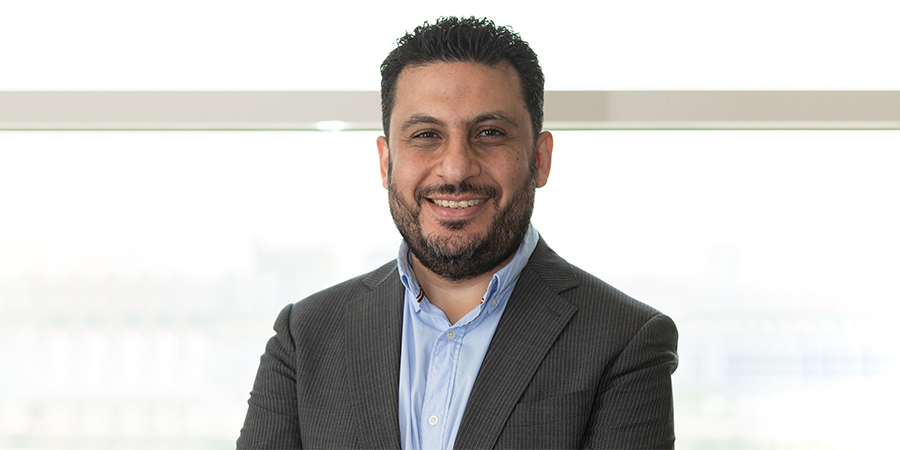Change is the driving force behind meaningful evolution, and it is through change that NEC GCC has continued to carve out its presence in the region. In this context, Telecom Review conducted an exclusive interview with Tamer Bdran, Senior Vice President, Business Unit Head Telecom Services, Digital Government & MD of UAE Office, NEC.
NEC is celebrating its 125th anniversary with a focus on "creating what's ahead." How is this reflected in its Middle East operations, particularly in the GCC?
In July 2024, the NEC Corporation celebrated its milestone anniversary of 125 years, however, we have been operating in the region for more than 40 years. We have built a proud history in cooperation with our customers, partners, shareholders, employees and all our stakeholders.
Today, we continue to move forward with our stakeholders and strive to be a company that is essential for society.
We express our gratitude to all our stakeholders with whom we have built our history together. Since our inception, we have been delivering new value to society by leveraging the most advanced technologies of each era and adapting as we go.
Today, we utilize a wide variety of advanced technologies, including biometric authentication, AI technologies, cybersecurity solutions, and networks. By combining these technologies, we are promoting digital transformation (DX) for our customers and society.
Telecommunications technologies have been at the core of our history, but our corporate image has always been evolving. It is precisely because we have continued to change what we are and where we are today—and that corporate identity will never change.
How important is NEC's contribution to advancing the digital transformation of customers and communities within the GCC?
NEC Corporation started by importing telecommunications equipment, then adopted it, and through research and development (R&D), introduced advanced technologies and began to produce a variety of equipment in-house.
Through the vision, “Better Products, Better Services,” our founders in Japan contributed to the development of modern society in the field of telecommunications. The second phase of the company’s evolution as an information and communications technology (ICT) company began in 1977.
NEC has been contributing to the development of ICT around the world through technologies that have included personal computers, semiconductors, cell phones, and other products.
Today, as we accelerate DX for our customers and society through various advanced technologies, we are transforming into a company that creates social value and must be defined as more than just a manufacturer or system integrator.
In the GCC, our breakthrough occurred through partnerships with telecom companies and major digital government projects in the UAE and Saudi Arabia. We have aligned our digital transformation vision with major telecom companies and government entities in the region. Some of the major projects we are currently deploying are touching the lives of every individual in the region.
NEC has been recognized for its robust sustainability strategy and execution. What are the key initiatives being implemented within the GCC that align with this?
NEC encapsulates the social values of safety, security, fairness, and efficiency to promote a more sustainable world where everyone has the chance to reach their full potential.
NEC GCC has reshaped its organizational structure, accelerated investment in promising business fields, implemented data-driven management, expanded its diversity, changed its internal culture, and promoted its own DX using the most advanced technologies. Through the constant information sharing among various NEC subsidiaries, NEC GCC has developed the know-how, human resources, and technology for corporate transformation, including DX.
Change is the driving force of meaningful evolution, and it is through change that NEC GCC has continued to carve out its presence in the region. With our robust strategy and execution, we are confident that this will lead us to a meaningful period of creation in the future.
Read More:
NEC: Navigating Challenges and Seizing Opportunities for a Smarter Future










